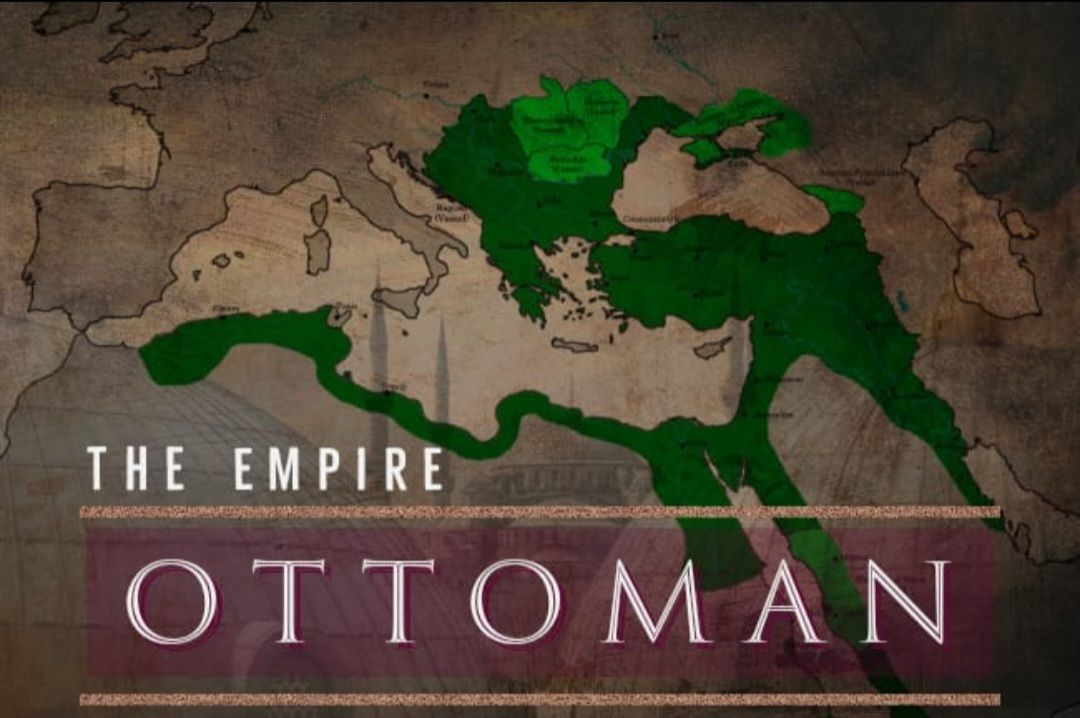
[41] Ascent and Decline of the Ottoman Empire
In The Name of Allah, The Most Merciful, The Bestower of Mercy.
Abdul Hamid II
The Islamic University
The concept of the Islamic University did not emerge in the realm of international politics until the reign of Sultan Abdul Hamid, specifically after he ascended to the Ottoman throne in 1876. Once Sultan Abdul Hamid caught his breath, he stripped those influenced by European thought of their powers and took firm control of the country and became invested in the idea of the Islamic University. In his memoirs, he spoke about the necessity of strengthening the bonds of Islamic brotherhood among all Muslims worldwide.
He discussed the relationship between the Ottoman Empire and England, which poses obstacles to Ottoman unity. He stated:
“Islam and Christianity are two distinct perspectives, and it is impossible to merge them within a single civilization.” Therefore, he believed that the English had corrupted the minds of the Egyptians, as some began to prioritise nationalism over religion. They think that it is possible to blend Egyptian civilization with European civilization, and England’s aim in promoting nationalist thought in Islamic countries is to undermine my throne. Furthermore, nationalist thought has made significant progress in Egypt. The Egyptian intellectuals have unwittingly become puppets in the hands of the English, thereby undermining the power of the Islamic state and shaking the prestige of the caliphate”. [Footnote a]
He commented on the English policy towards the caliphate:
“The English newspaper Standard stated: ‘Arabia should come under English protection, and England must control the sacred cities of the Muslims’. England is pursuing two objectives: to weaken the influence of Islam and to strengthen its own power. Therefore, the English want the Khedive in Egypt to be the caliph of the Muslims, but there is not a single sincere Muslim who would accept the Khedive as the Commander of the Faithful; for he began his studies in Geneva, completed them in Vienna, and has adopted the characteristics of the unbelievers”.
When the proposal from England emerged to declare Sharif Hussein, the Emir of Makkah, as the Caliph for Muslims, Sultan Abdul Hamid II acknowledged that he lacked the energy and strength to combat European nations. However, the major powers trembled at the might of the Caliphate, and their fear of it led them to agree on the dissolution of the Ottoman Empire. The Ottoman Empire encompassed a diverse array of ethnicities, including Turks, Arabs, Albanians, Bulgarians, Greeks, and Africans, among others. Despite this diversity, the unity of Islam binds us as one family.
Abdul Hamid II expressed his confidence in the unity of the Islamic world by stating: “We must strengthen our ties with other Muslims everywhere; we need to draw closer to one another, more and more. There is no hope for the future except through this unity. The time for it has not yet come; however, it will come. The day will arrive when all believers unite and rise together as one, and in that moment, they will break the necks of the unbelievers.” [An Excerpt from ‘Ad-Dawlah Al-Uthmaaniyyah Awaamil An-Nuhood Wa Asbaab As-Suqoot 6/461-462]
Footnote a: Culture and Islam: https://salafidawahmanchester.com/2025/05/25/the-current-discussion-among-some-african-muslims-about-aththaqafah/
To the “duly inquisitive” who inquired, “What prompted you to share history of the Ottomans?”
To the “duly inquisitive” who inquired, “What prompted you to share history of the Ottomans?”

